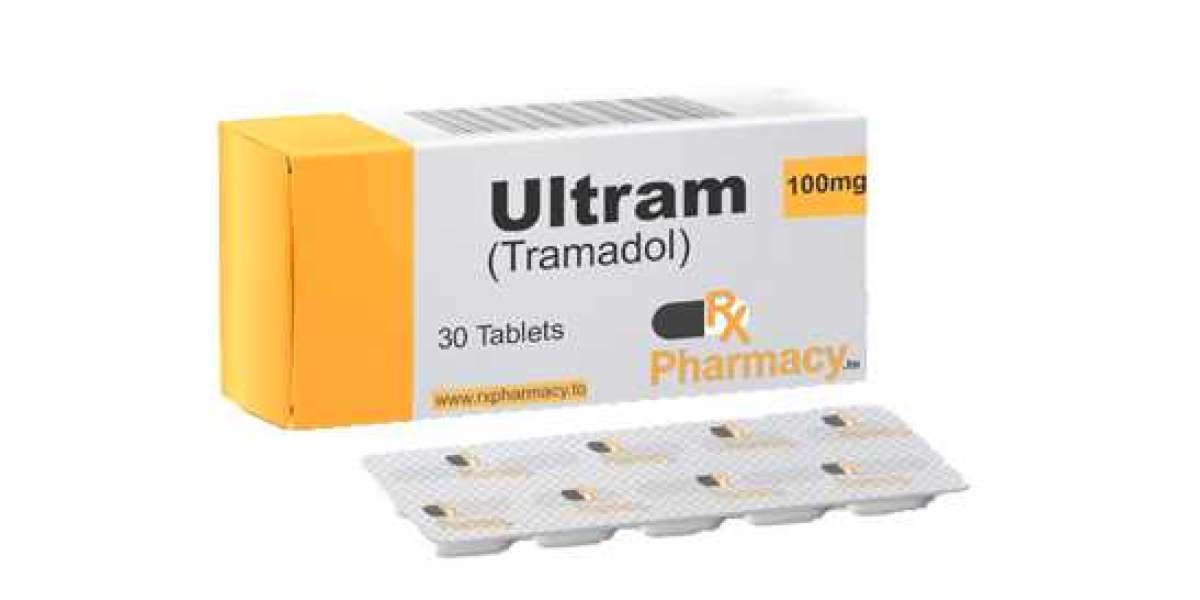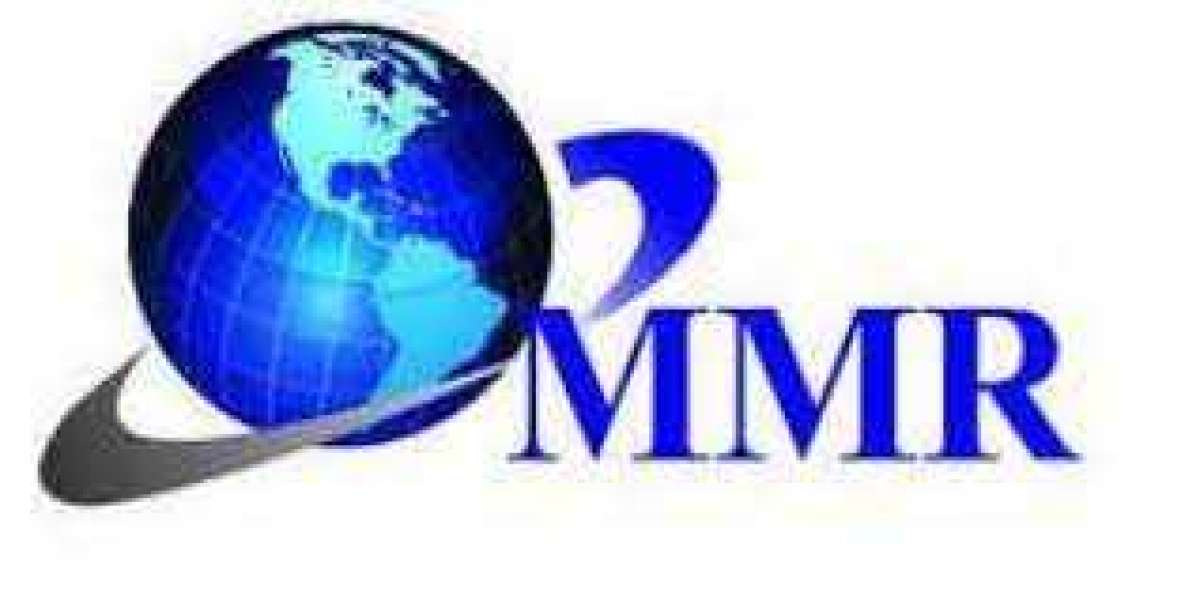There are many ways to boost your testosterone naturally, including eating a healthy diet, getting enough sleep, and avoiding bad habits like alcohol and smoking. Read on to learn eight proven ways you can raise your T.
Eat a Healthy Diet
Eating a healthy diet is one of the most important ways to boost male testosterone levels. This diet should consist of various nutritious foods high in nutrients, low in calories, and moderate in fats, proteins, and carbs.
A healthy diet will help you maintain a healthy weight and decrease your risk for certain diseases. This will help you avoid problems associated with being overweight or obese, which can also reduce your testosterone levels.
A healthy diet can include whole grains, fruits, vegetables, lean meats, poultry without skin, and fish. It should also include low-fat dairy products and unsalted nuts and seeds.
A healthy diet also includes avoiding foods high in sodium, sugar, and trans fats. Sodium and sugar can increase blood pressure, cause heart disease, and lead to diabetes.
Choose nutrient-dense foods high in vitamins and minerals to get the nutrients you need to boost your testosterone naturally. Zinc and magnesium are two key nutrients that can help boost your testosterone levels.
Read also: Which Medicine to Use for Erectile Dysfunction?
Exercise Regularly
One of the most effective ways to boost testosterone is through exercise. Exercise promotes weight loss and overall wellness and can also slightly increase testosterone levels in men with clinically low levels.
Specifically, endurance exercises like running and walking can increase total testosterone and free testosterone by as much as eight ng/dL, according to a study from the University of Washington. However, it’s important to note that this boost is temporary.
To maximize the effect of your workouts on your hormone levels, try focusing on weight and resistance training instead of cardio. These exercises will help you build lean muscle and raise your testosterone.
Another good option is high-intensity interval training (HIIT). HIIT exercises have increased total and free testosterone by as much as 15 ng/dL, according to HIIT expert Dr. John Hackney.
You can also try circuit training, which combines a variety of exercises for a complete workout. This type of training can impact your testosterone levels more than endurance or strength training, but you should still include other forms of exercise in your activities to get the best results.
Get Enough Sleep
Getting enough sleep is one of the most important things you can do to boost your testosterone levels. It is also essential to maintaining good health and a healthy lifestyle.
Testosterone is produced mainly during deep restorative sleep in the REM cycle. Sleep disorders such as insomnia and obstructive sleep apnea can reduce testosterone production, leading to poor health.
This can lead to symptoms in men, including low energy, poor libido, fatigue, and reduced muscle mass. It can also increase the risk of obesity, diabetes, high blood pressure, heart disease, and stroke.
Getting at least seven hours of sleep every night is important. The National Sleep Foundation recommends this amount.
Read also: Malegra 200 for Male Sex Drive – Is it Effective?
Avoid Alcohol
Among the many lifestyle choices that impact testosterone levels, alcohol is one of the most damaging. It interferes with several vital hormonal processes in your body, including those that control your reproductive health.
In a healthy man, the hypothalamus releases gonadotropin-releasing hormone (GnRH), which sends signals to your anterior pituitary gland to release luteinizing hormone (LH) and follicle-stimulating hormone (FSH). These two hormones then tell your testes to synthesize testosterone.
Heavy drinking disrupts the function of these three key reproductive glands and prevents testosterone from being produced. This can lead to decreased testosterone and sperm counts, low sex drive, and erectile dysfunction.
Alcohol also affects your sleep cycle, which further disrupts testosterone production. This can lead to Low T, a common problem in men and women. Thankfully, you can do a few things to help restore your body’s natural balance.
Get Enough Vitamin D
Getting enough Vitamin D is one of the most important things you can do to boost testosterone levels in your body. This fat-soluble vitamin is made in the body when exposed to sunlight and is crucial for bone health, immune function, and several other functions.
Studies show that vitamin D deficiency is associated with low testosterone and even male infertility, so it’s incredibly important to get enough of this important nutrient to boost your testosterone levels.
Testosterone is the most important male sex hormone, and it helps form your testes and sperm. Low levels can cause several issues, including erectile dysfunction and depression.
In a study, participants supplemented with 3,000 IU of Vitamin D daily saw a significant increase in total, bioactive, and free testosterone. They also experienced a marked improvement in erectile function.
It’s easy to be deficient in Vitamin D, especially if you live in an area with little sun or certain medical conditions. For this reason, it’s recommended that you take a Vitamin D supplement to ensure that you’re getting the proper amount of this essential vitamin.
Read also: How to stay Sexually Active with Cenforce D?
Avoid Endocrine-Disrupting Substances
The endocrine system is a complex communication network that regulates many processes, including growth, development, energy balance, metabolism, and body weight regulation. Exogenous chemicals, especially endocrine disruptors (EDCs), can interfere with this communication and lead to adverse health effects.
EDCs can be found in many industrial, household, and agricultural products and are present throughout the environment, especially when produced or used near polluted areas. They are found in the air and water and can travel through the food chain, especially when migratory animals spend a significant portion of their life in contaminated environments.
They can also enter the human body through ingestion, inhalation, and skin contact. Several hormone-sensitive physiological systems, including the brain and hypothalamic neuroendocrine system; pituitary gland; thyroid; cardiovascular system; mammary gland; ovary; and testes, are vulnerable to EDCs.
Some EDCs, such as bisphenol A (BPA), phthalates, and alkylphenols, may have toxic effects on male reproductive health. High concentrations of these compounds may result in various developmental genital anomalies and reduced sperm quality.
Avoid Smoking
If you are an avid smoker, it is time to eliminate this unhealthy habit. Smoking can reduce testosterone levels in males, so it’s important to stop if you want to boost your reproductive health.
Despite popular belief, avoiding smoking can increase your testosterone levels in the short term. It also helps to avoid situations where you have a strong craving for a cigarette, such as when you’re at work or in a restaurant.
To help you fight against this urge, breathe deep and sip water slowly until the craving dissipates. You can also walk, do yoga, meditate, write in a journal, or read a book.
In a study published in the International Journal of Andrology, men who smoked I had 15% higher total and 13% higher free testosterone levels than never-smokers. This was because of the increased hormone SHBG (sero-Hydroxy-Bicarbonate Group), responsible for transporting testosterone all over the body.
Read also: The Secret to Getting Harder Erections is here!
Take Supplements
If you have low testosterone levels, taking a supplement may be an effective way to boost your male sex hormone production. Testosterone helps with physical development, including muscle mass and bone health. It also increases your energy and reduces fatigue.
Several natural herbs and vitamins have been shown to boost testosterone levels. Fenugreek extract, for example, contains furostanolic saponins that can increase free testosterone in the body.
Vitamin D3, another nutrient in many supplements, can also help your body make and release testosterone. It can also support several other essential processes, including thyroid function and wound healing.
Magnesium is an important mineral that your body uses to help with muscle synthesis and bone growth. It is also a vital component of testosterone production and sperm formation.
It’s important to remember that you should always check with a healthcare provider before making any significant changes to your diet or taking supplements. Some supplements contain ingredients that can cause serious side effects, such as liver damage.








